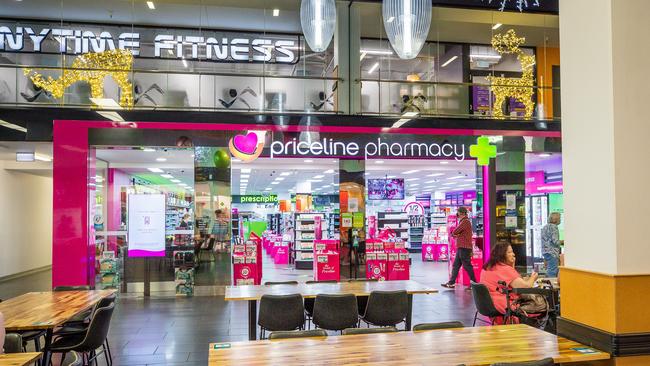
Wesfarmers could emerge among the players involved in the $20bn buyout proposal by Kohlberg Kravis Roberts of Ramsay Health Care.
KKR is carrying out due diligence on the country’s largest private hospital operator after offering $88 a share for the business in a Barrenjoey-advised transaction first tipped to be looming by this column on December 19.
While a logical outcome is that KKR sells off Ramsay’s $4.5bn-plus property portfolio in classic private equity style, should a buyout proceed, some believe the other parts of the business will also be offloaded.
One thought is that Wesfarmers could pick up Ramsay’s pharmacy division, consisting of about 20 pharmacies. Analysts say Ramsay’s in-hospital pharmacy business has never performed well for the group and KKR would not be compelled to hold on to that division.
Wesfarmers has been building its own healthcare unit, starting with the acquisition of Priceline pharmacy chain owner API for $763m in March, so buying Ramsay’s healthcare assets makes sense.
Wesfarmers counts former KKR Australia director Ed Bostock as its managing director of business development.
While Charter Hall and AustralianSuper are poised to embark on a property transaction involving Ramsay’s 54 Australian hospitals, it is understood that NorthWest Healthcare has earlier held talks with Ramsay about buying the assets, but tax costs have always been a deterrent to a sale.
NorthWest already owns the properties of Ramsay’s rival, Healthscope.
Elsewhere, sources say derailing a demerger of AGL Energy’s coal assets may not be as easy for Mike Cannon-Brookes as he thinks.
The billionaire has an 11.3 per cent stake in AGL in a derivative structure with JPMorgan after two attempts to launch a buyout for AGL with Brookfield.
The share purchase is aimed at creating a blocking vote on the demerger in the weeks ahead.
However, analysts say AGL can easily get around this by offering the coal-fired power division – known as Accel Energy – to shareholders by way of an in specie distribution in a similar style to BHP with its petroleum unit last year.
Apparently, the move on the 11.3 per cent stake by Mr Cannon-Brookes came as a surprise to the Canadian private equity fund.



